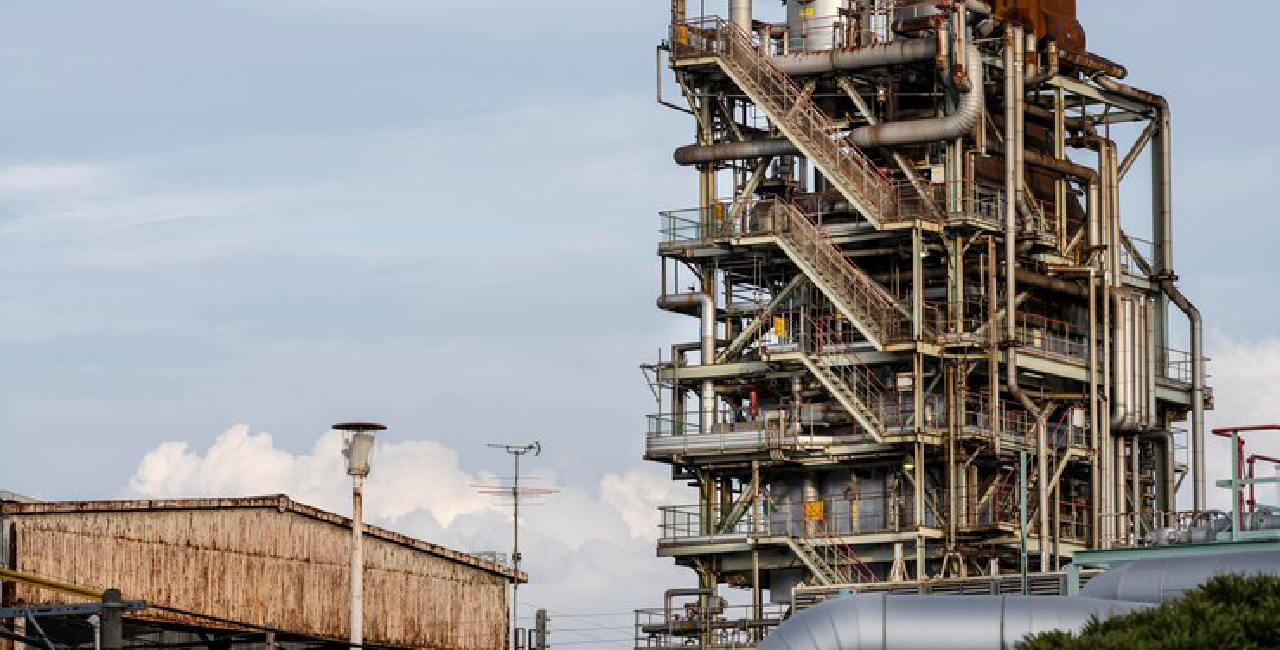Oil Refining Processes
Oil refining is a complex process that involves the transformation of crude oil into a variety of valuable products such as gasoline, diesel, and jet fuel. Global Connect International Petroleum employs state-of-the-art refining technologies to ensure efficiency.
Understanding Oil Refining Processes

1. Distillation:
- Distillation is the first step in the refining process, where crude oil is heated to separate it into different components based on their boiling points.
- This process produces various fractions such as gasoline, diesel, and jet fuel, which are further processed in subsequent steps.
2. Cracking:
- Cracking is a process that breaks down larger hydrocarbon molecules into smaller, more valuable ones.
- There are two main types of cracking: thermal cracking, which uses heat to break down molecules, and catalytic cracking, which uses a catalyst to speed up the process.
3. Reforming:
- Reforming is a process that rearranges the molecular structure of hydrocarbons to produce higher-octane fuels.
- This process is essential for producing gasoline with the desired octane rating.
4. Hydrotreating:
- Hydrotreating is a process that removes impurities such as sulfur, nitrogen, and metals from refined products.
- This process helps improve the quality of the final products and reduces their environmental impact.
5. Isomerization:
- Isomerization is a process that converts straight-chain hydrocarbons into branched-chain hydrocarbons.
- This process is used to improve the octane rating of gasoline and enhance its performance.
6. Alkylation:
- Alkylation is a process that combines smaller hydrocarbon molecules to produce larger, high-octane molecules.
- This process is used to increase the octane rating of gasoline and improve its performance.
7. Blending:
- Blending is the final step in the refining process, where different refined products are mixed together to create specific fuel formulations.
- This process allows us to tailor our products to meet customer requirements and regulatory standards.
8. Environmental Considerations:
- We prioritize environmental responsibility in our refining processes, implementing technologies to reduce emissions and minimize waste.
- Our commitment to sustainability drives us to continuously improve our refining processes to reduce our environmental impact.
Insights and Resources
Need Help?
For any inquiries or assistance, please reach out to us using the contact information provided below. Our team is here to help you with all your needs and questions.